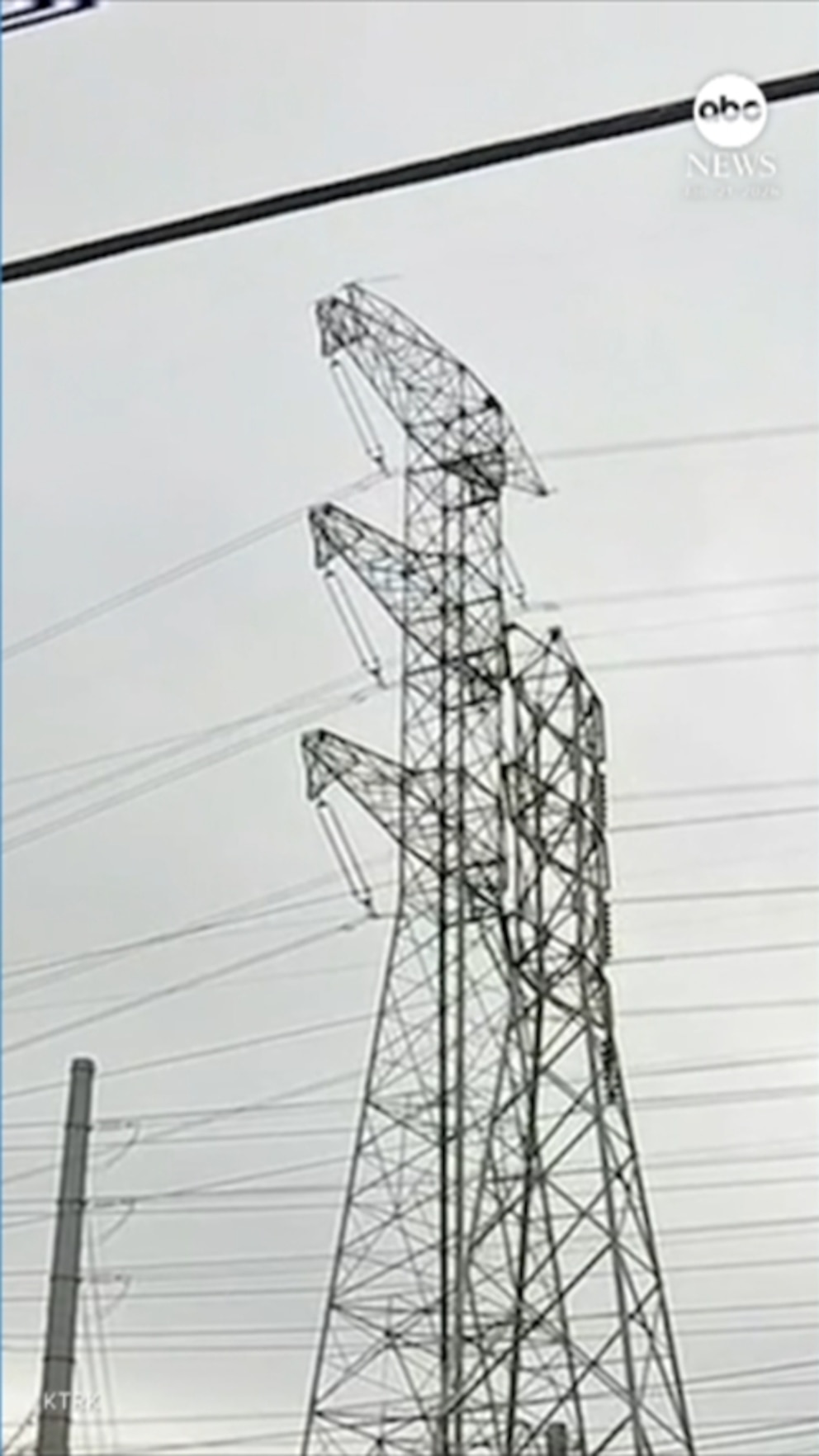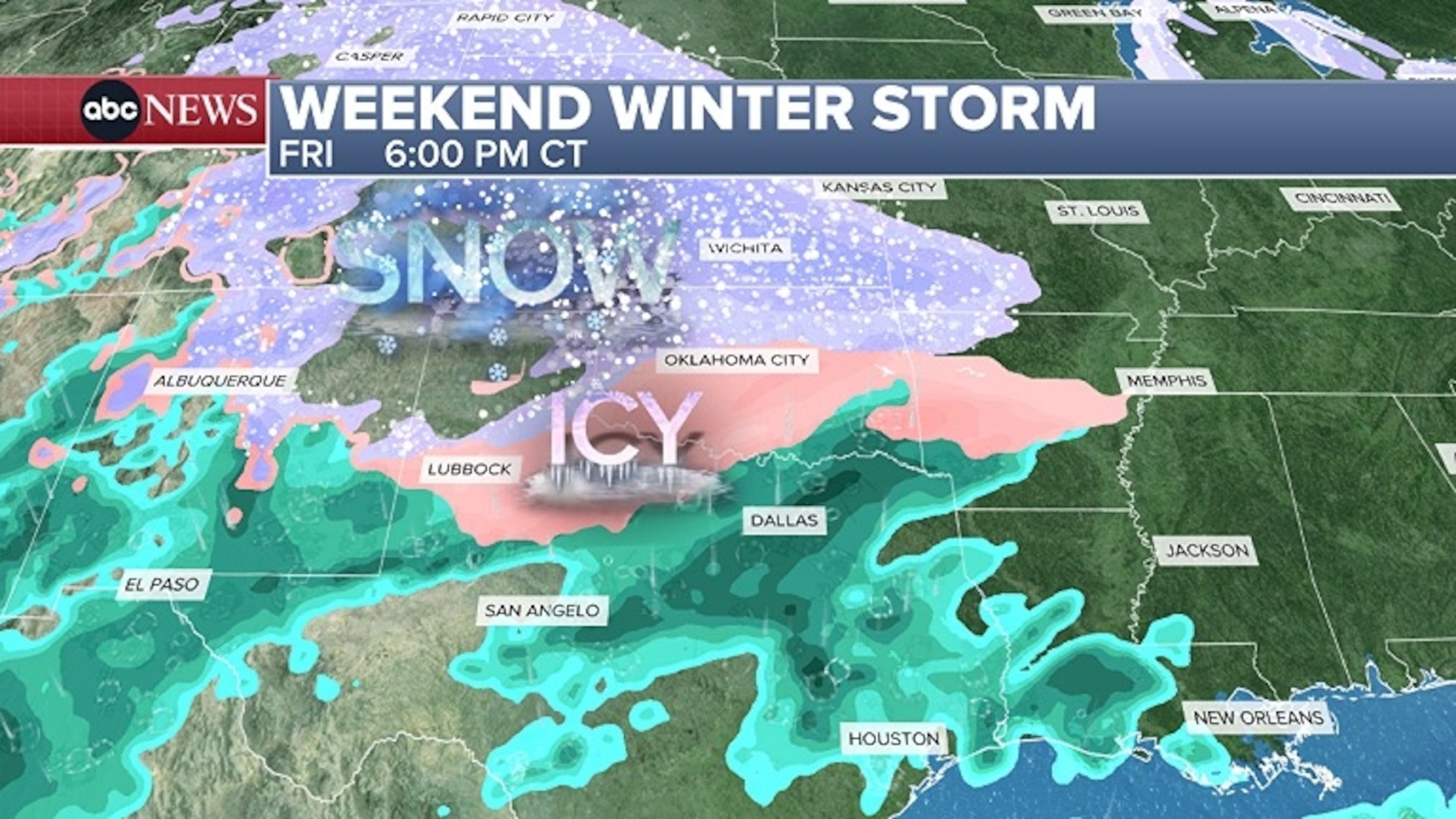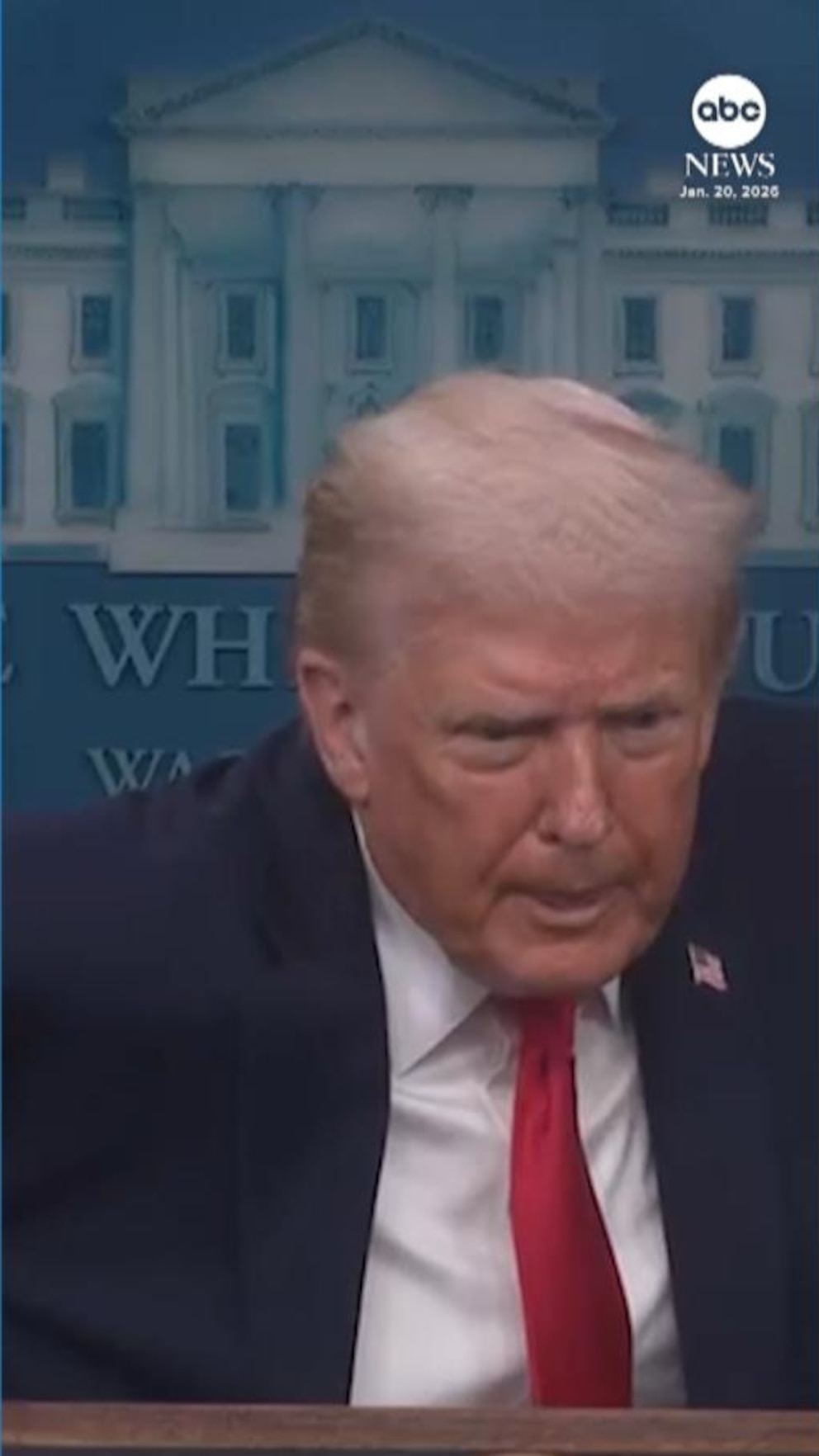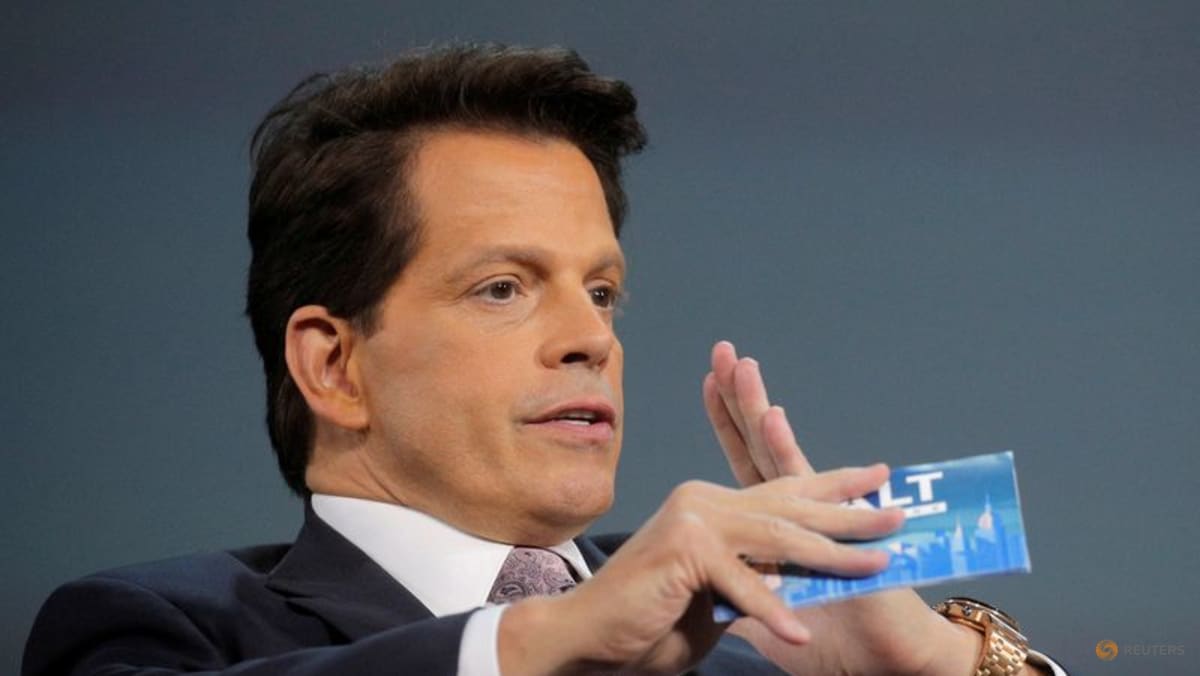Commentary: The murky world of the job reference

The point is that he, like me, could not imagine being brazen enough to put such a request to a distant work contact. As he said: “I have a roster of people that I’ve had long, trusted relationships with and I just wouldn’t reach out beyond that for references.”
It’s not as if his requesters were fresh-faced graduates who lacked the time to develop that roster. Some had even more experience than him.
So what is going on? LinkedIn may not be helping. I’m told it has become more common for people to look up “connections” made on the platform, no matter how distant they are in real life, who are now working somewhere they would like to join.
If that is the case, it is in line with a wider tendency to contact total strangers on Twitter because you share a fascination with, say, 19th-century bond prices or ferrets.
REFERENCES CAN BE UNRELIABLE
There is of course another way to treat the problematic job reference request: Guile. Anyone who has ever written, or read, a job reference knows there is a large difference between one that enthusiastically explains why a candidate would be perfect for a job, and one that covertly urges extreme caution.
A letter highlighting a candidate’s “doggedness”, “diligence”, “obsessive punctuality” and ability to “take direction well” may thrill a boss looking for a robotic jobsworth. It is unlikely to impress an employer seeking a creative, charming innovator with strong leaderly qualities.
This underlines a more serious problem with job references. They have a long and unhappy history of being unreliable.
Source: CNA















